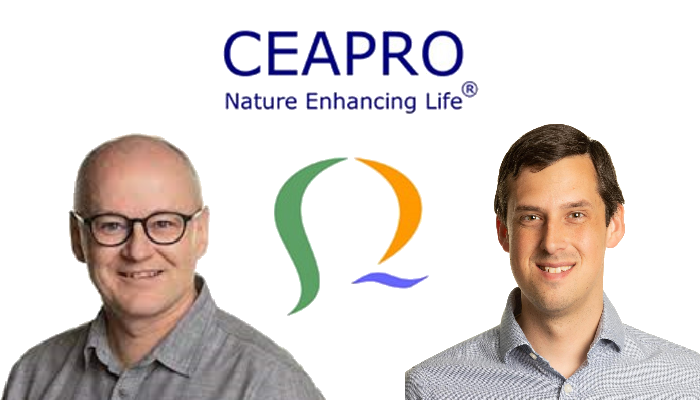McMaster’s research team discovers new mechanism to reprogram macrophages for potential fibrotic disease and COVID-19 therapy

PGX-processed yeast beta-glucans (YBG) produced by CEAPRO inc. demonstrate the ability to reprogram macrophages while also possibly being a suitable therapeutic solution for patients with fibrotic lung disease and late stage COVID-19 patients.
McMaster’s research team discovers new mechanism of action for PGX-processed yeast beta-glucans (YBG), demonstrating the ability to reprogram macrophages on its own while also possibly being a suitable therapeutic solution for patients with fibrotic lung disease and late stage COVID-19 patients.
Ceapro Inc., a growth-stage biotechnology company focused on the development and commercialization of active ingredients for healthcare and cosmetic industries, today provided an update on its ongoing collaboration with McMaster University to develop an inhalable therapeutic for COVID-19 which could also be used to treat post-COVID-19 conditions.
The project, entitled “PGX-processed yeast beta-glucans as an inhalable immunomodulating therapeutic for COVID-19 patients,” jointly funded by Mitacs and Ceapro, is being conducted under the leadership of Dr. Kjetil Ask (Left), a pulmonary fibrosis expert, and Dr. Todd Hoare (Right) from departments of Medicine and Chemical Engineering, respectively, at McMaster University.
This project was initiated in August 2019 when McMaster University and Ceapro researchers were reviewing preliminary data collected as part of a collaborative research program where one of the goals was to develop delivery systems to optimize drug formulations used for chronic diseases such as Idiopathic Pulmonary Fibrosis (IPF). While yeast beta glucan appeared to be a promising compound, researchers thought that the ideal formulation to treat fibrotic lung disorders would be to develop an inhalable complex produced by loading a drug onto PGX-processed yeast beta glucan (PGX-YBG). Following preliminary experiments with PGX-YBG alone and/or combined with a drug they realized that PGX-YBG could be much more than a carrier and that it could be used as the active component in a new antifibrotic treatment for the most severe lung diseases including COVID-19 patients.
“We have shown that the PGX technology can convert materials that can’t easily be inhaled, in particular, a YBG-based particle that has inherent immunomodulatory properties, into materials that can readily access the lung,” commented Dr. Hoare. “Combining this property with the very high internal surface area of the PGX-processed microparticles that enables high-concentration drug loading using Ceapro’s supercritical drug impregnation process, we are very excited about the potential of this technology for treating diseases of the lung, including potentially late-stage COVID-19.”
Author Details
Jenene Thomas
JTC Team, LLC
Investor Relations and Corporate Communications Advisor
T (US): +1 (833) 475-8247
E: czo@jtcir.com
